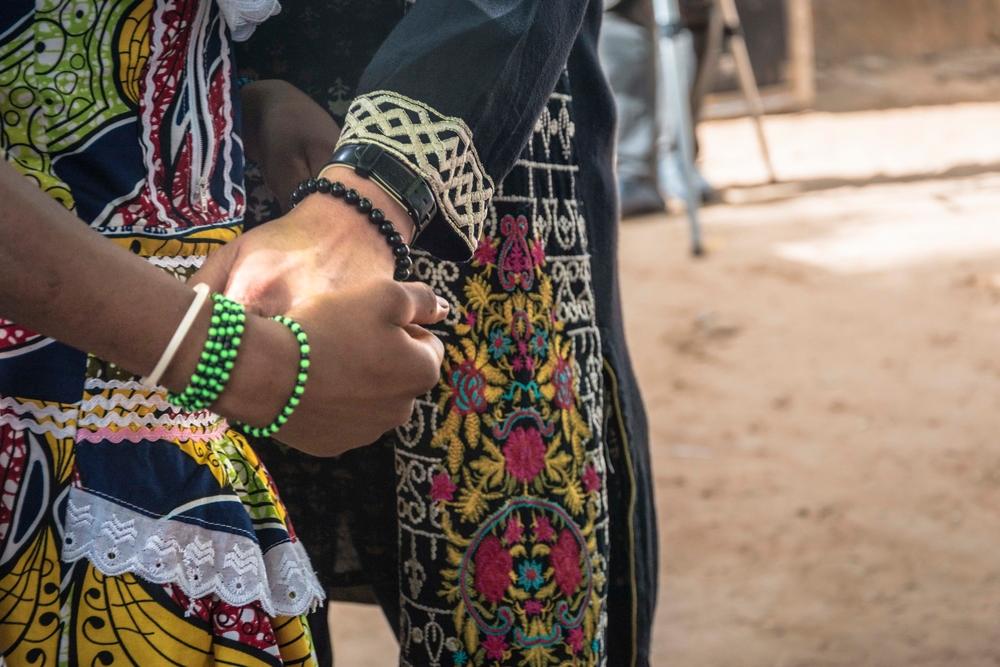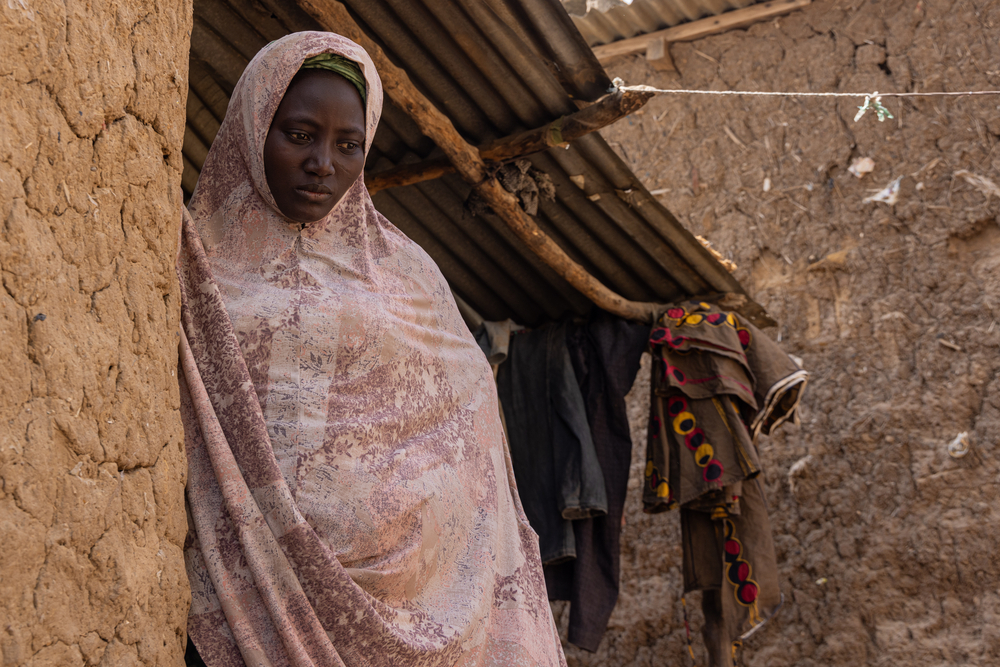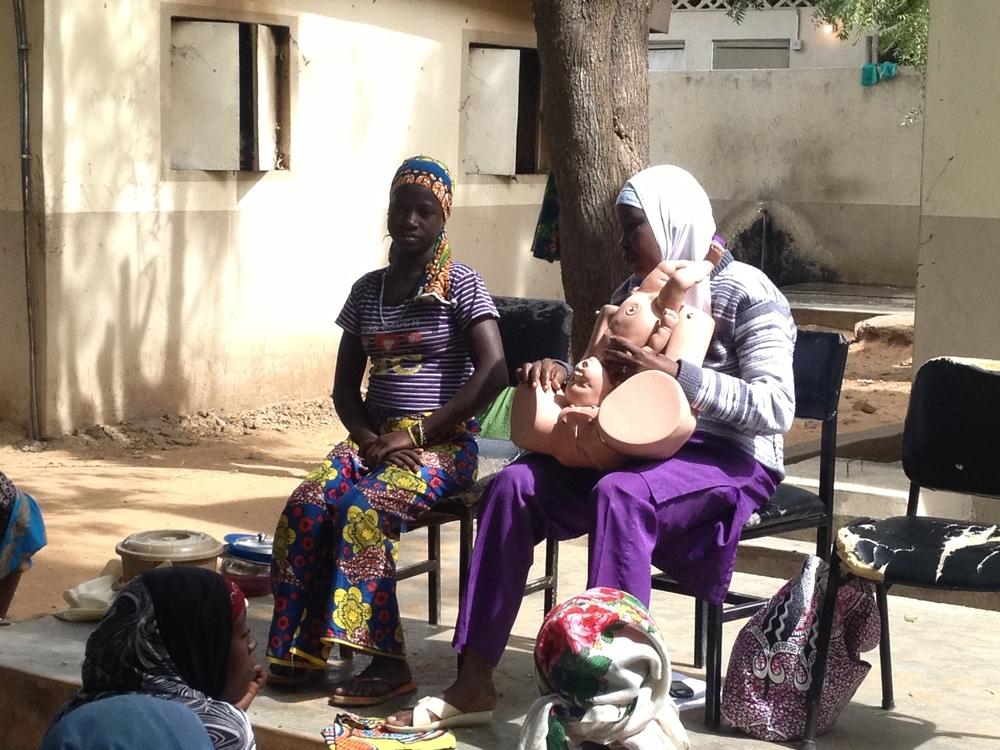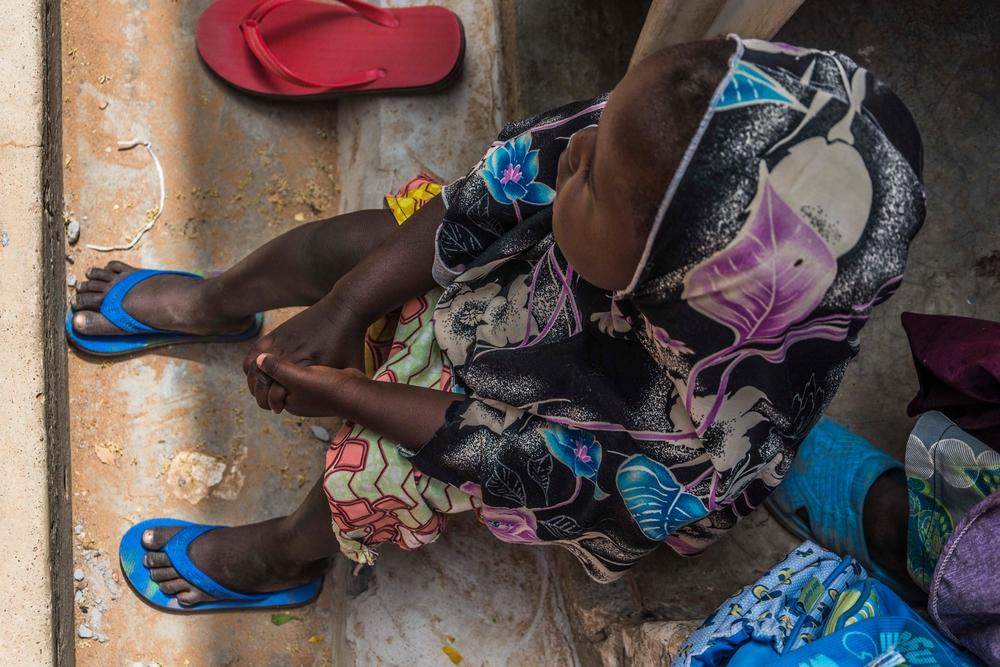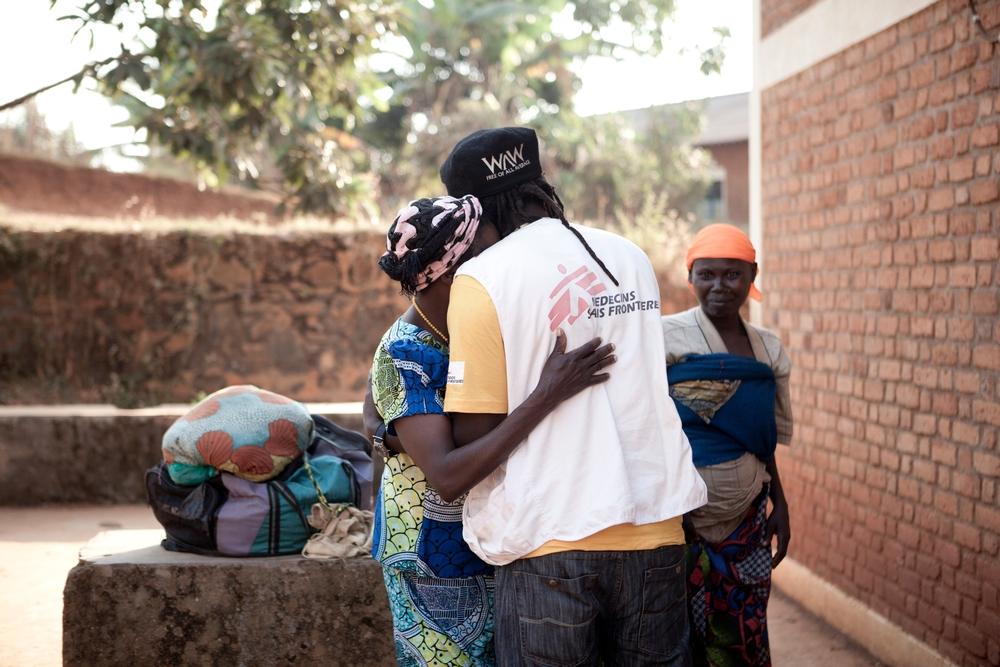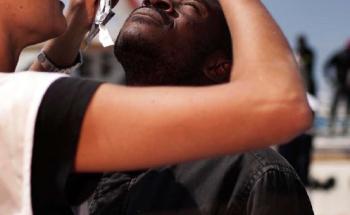
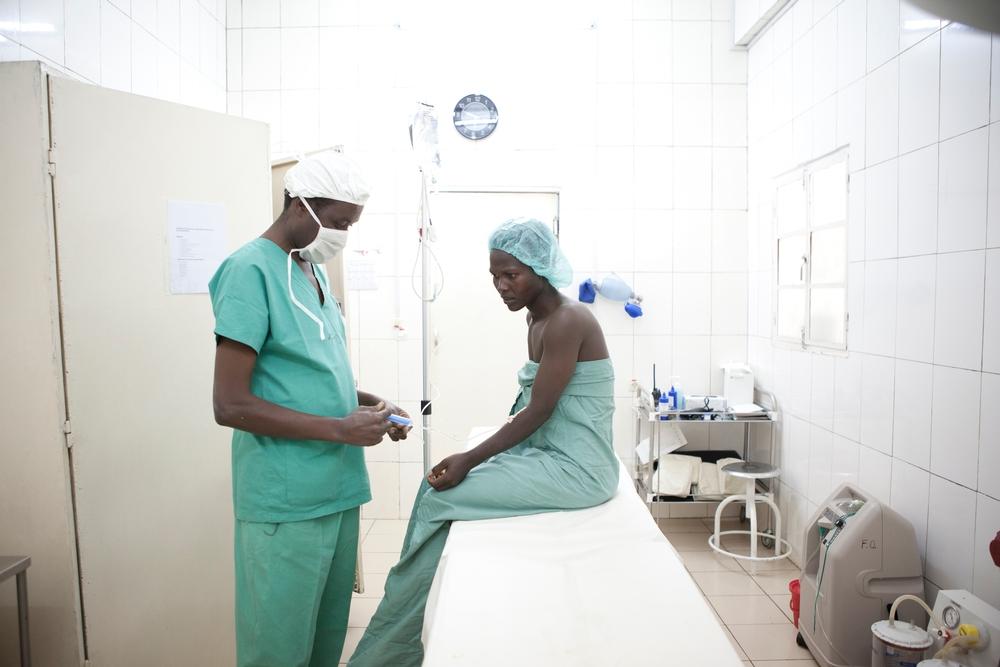
We also perform fistula repair through either permanent programmes or “fistula camps”, focusing on some of the world’s poorest regions with little access to obstetrical care. Because of the stigma attached to fistulas, our teams also provide psychological and psychosocial care to help fistula sufferers re-integrate into their communities.
